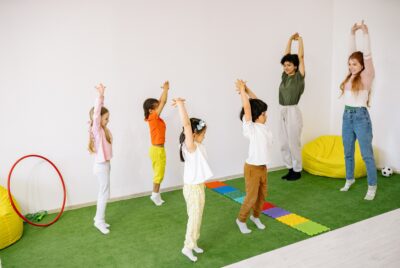RESEARCH
Effects of an Outdoor Horticultural Activities Program on Cognitive and Behavioral Functioning, Mood, and Perceived Quality of Life in People with Dementia: A Pilot Study
Summary
This pilot study investigated the effects of a horticultural activities (HA) program, alone or combined with cognitive stimulation, on people with dementia. Researchers randomly assigned 24 people to three groups: HA alone (TG1), HA with cognitive stimulation (TG2), and a treatment-as-usual control group (CG). Over 14 sessions, participants in the HA groups engaged in activities chosen for their sensory stimulation, cost-effectiveness, and safety. Cognitive and behavioral functioning, mood, and quality of life were assessed using standardized measures.
Results showed no significant difference between TG1 and TG2, so they were combined. Compared to the CG, the combined HA group exhibited less frequent and severe behavioral and psychological symptoms and improved mood. Among people with mild-to-moderate dementia, the HA group also showed benefits in general cognitive functioning and self-reported quality of life. The study suggests that engaging dementia patients in HA can decrease dementia symptoms and caregiver distress, and increase their quality of life, especially when considering dementia severity.







